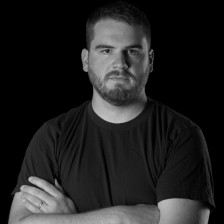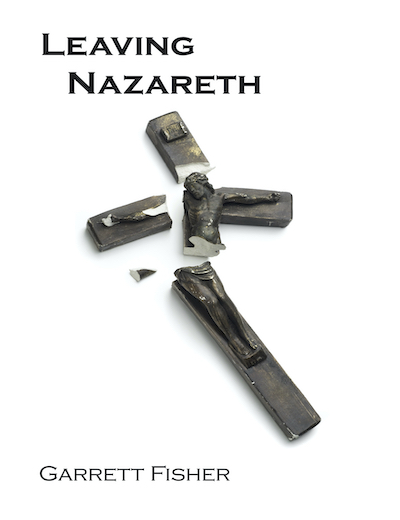Kindle and print versions available on global Amazon sites.
To be raised in an offshoot fundamentalist Christian group in America is strange enough, however for it to be one that preaches an Amish sense of “separateness from the world” while choosing to remain integrated with society is downright confusing. Three youths, raised in the rolling country of Upstate New York, a politically progressive, socially conservative, religiously apathetic place, find themselves coming of age after completing high school, raised in such a religion. From diverse family backgrounds, united in their childhood spent in an esoteric faith, the trio are forced to become adults, like teenagers the world over, except they are doing so convinced that they are correct…when they are dead wrong…while their seemingly comforting church becomes more of an enemy than a friend.
“Leaving Nazareth” is as much about leaving one’s point of origin as it is about starting something new while finding oneself mysteriously back at the beginning. As the characters confront a cosmic collision of belief and the outside world, they are forced to address the incompatibility between dogma and reality on the outside, while at the same time facing conflict of an equal magnitude on the inside. “What is truth?” Pontius Pilate asked Jesus before sentencing him to death, resulting in a firestorm of religion that circled the globe, still going strong 2,000 years later. For those raised as disciples of a long dead individual, they find themselves continuing to ask the same question, “what is truth?” in a modern pluralistic society where science reigns supreme alongside the flame of fundamentalism and fervor, all the while cherishing beliefs understood to be rooted in reality, when they are not.
As atheism has been on the rise and institutionalized religion declines, one could assume that the weighty conflict facing youths transitioning to adulthood in conservative faiths to be an outmoded question. However, as modern technology has enabled a form of mass integration of society, it has unleashed forces much like when Johannes Gutenberg invented the press and the Bible ended up in the common language. It resulted in the Thirty Years War, a holocaust of the greatest proportion known in Europe, destroying much of society. In our modern “post truth” world, belief – reality and information notwithstanding – is as much of a driving force in our society as it has ever been.

